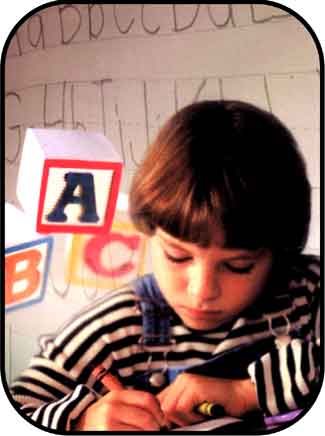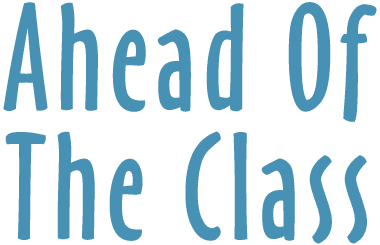|
"It's
not wonderful to be different, it's a burden, it's frustrating
and it's alienating - nobody likes you, nobody understands
your jokes or the vocabulary you use. You have to use a different
language, theirs, just to talk to your friends or you find
yourself with none." - Michael Maher (11 years old)
In this one-hour documentary from Loopline Film, director
Liam McGrath delves into the unexplored world of gifted children,
their everyday lives and challenges, hopes, desires and struggle
for acceptance.
Two years in the making, 'Ahead of the Class' focuses on the
lives of several gifted children varying in age from 4 to
15. We spend time with their families, the teachers and those
in education who try to cater for their unique set of needs.
There's little Paul in Sligo whose parents are agonising over
whether or not to send him to school and Amy in Dublin who
is looking for new challenges to stretch her imagination.
Shane in Donegal talks about the difficulty of making friends
and how he has always been a loner and Peter in Dublin tries
to cope with a school system that is clearly not able to respond
effectively to his needs.
We go on a journey with these children as they make their
way through, a sometimes confusing and alienating world. Over
the years, all of the families involved, have made huge sacrifices
to help their children and this has sometimes resulted in
turmoil and frustration for them too.
The kids can become despondent and difficult to deal with
when forced to adapt to what the standard educational system
has to offer them. Their families have endured many difficulties
in trying to keep them stimulated but also protected from
bullying and isolation.
What emerges is the feeling that these children are often
left out in the cold, with not enough effort being made by
authorities to satisfy or understand their learning requirements
and emotional needs.
On the brighter side, 'Ahead of the Class' visits the summer
school designed to cater for children with exceptional learning
ability based in Dublin City University. Here we can see how
they obviously thrive when introduced to university-level
philosophy and literature and the many other subjects open
to them. For once they are happy, normal children taking comfort
and enjoyment from meeting those of similar abilities and
interests.
For the first time, in this film, Paul and Amy, Shane and
Peter are given the chance to speak, to let us know what their
dreams and frustrations are, what they want to achieve and
how they want to live their lives normally, to be accepted
by others, to make friends and not to feel strange or alienated
because of their gifts.
|


